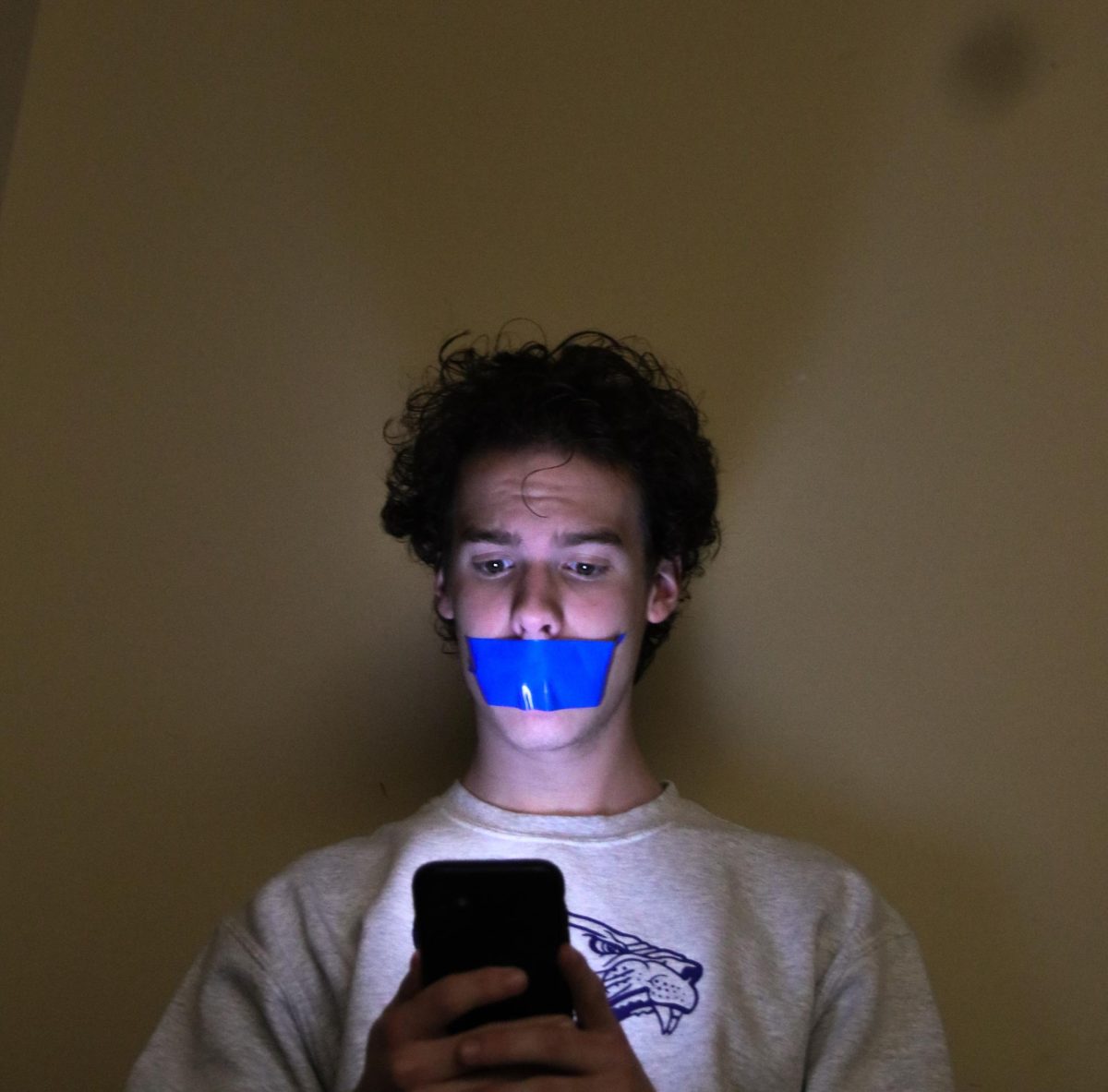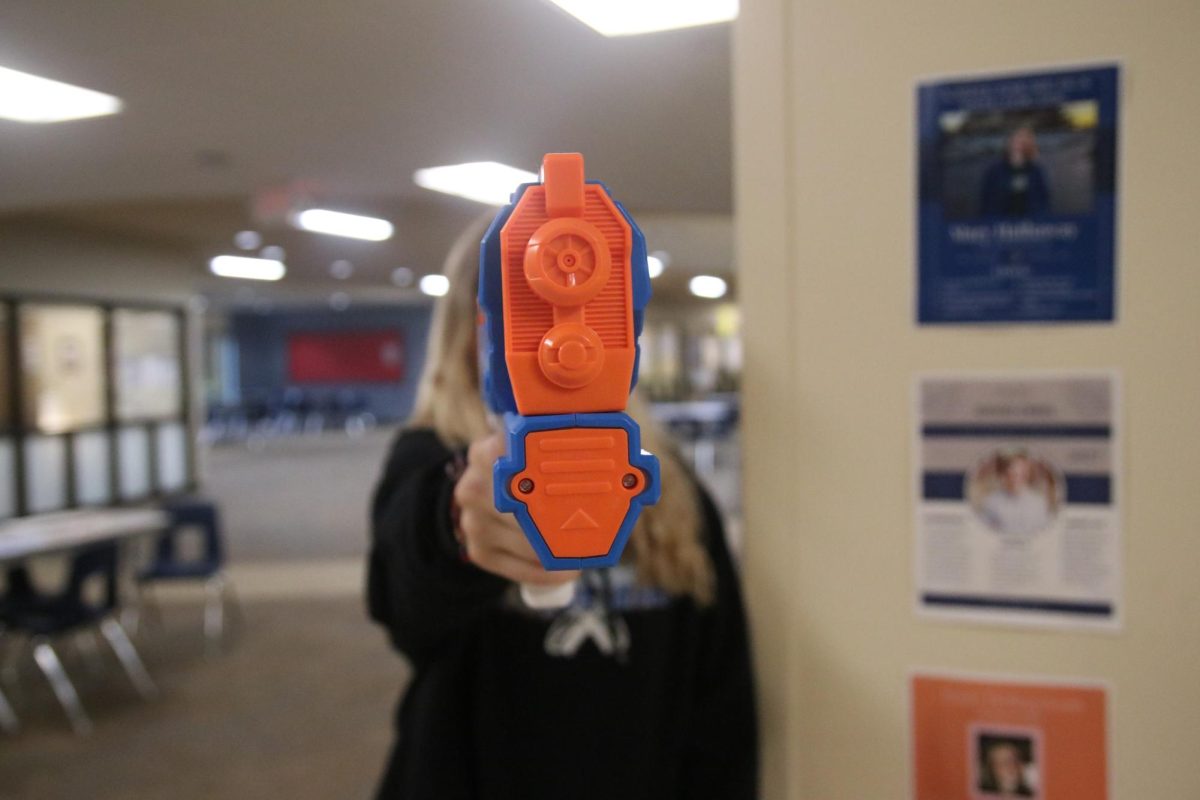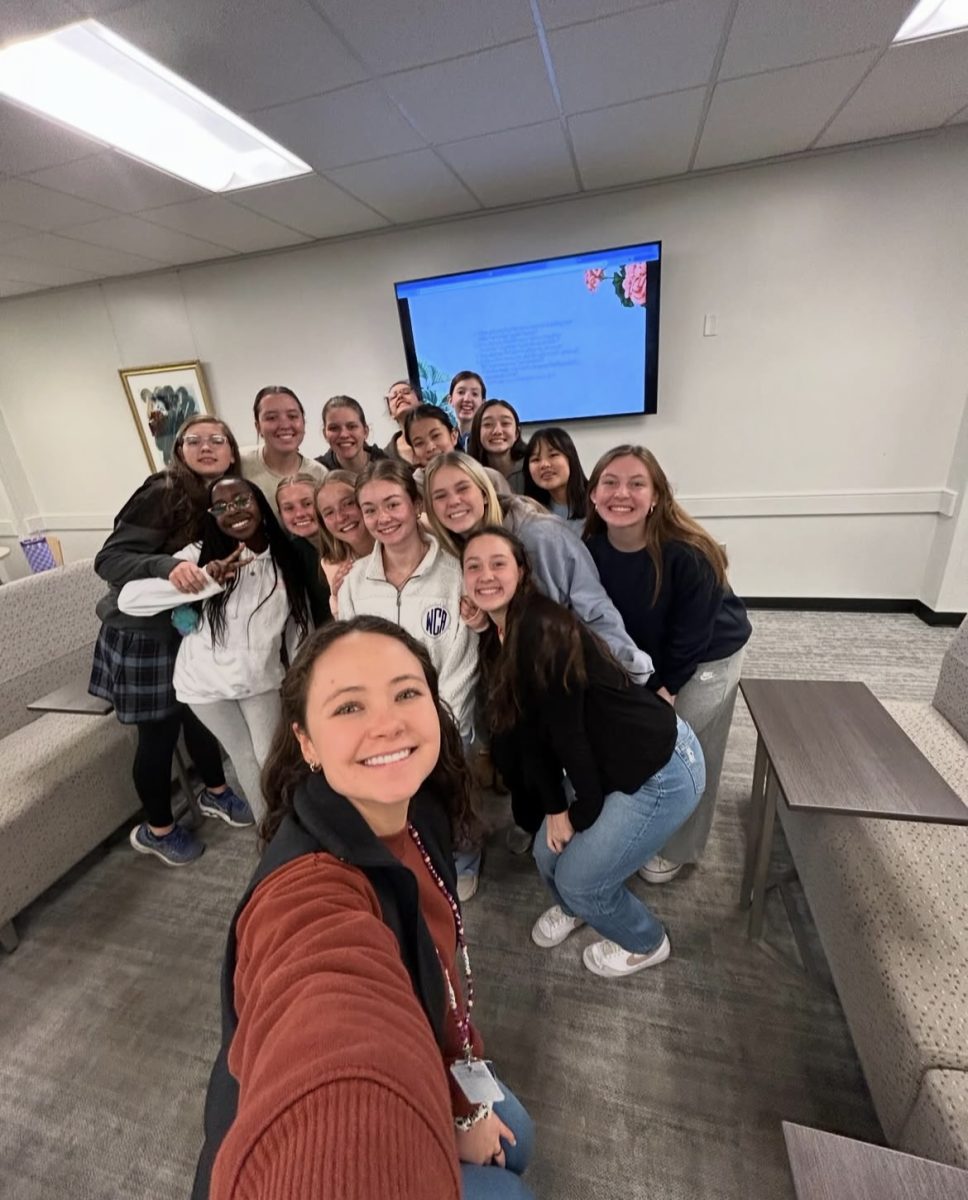Americans love to hate Russians. It’s become a part of our identity, with Russians appearing as villains in popular media, modern or otherwise. However, are all the evil attributes we attach to Russians true? Concerning the war on Ukraine, many Russian civilians disagree with their leader’s actions.
According to the Atlantic Council journalist Vladimir Milov, “Data from both Russian Field and Levada shows a clear preference for peace talks over a continuation of the war.”
Levada is a non-government-owned polling organization tasked with providing factual and uncensored information to Russians and foreign powers. Their research reveals that many Russian citizens want their leaders to stop the violence and start agreeing on a treaty. This is likely due to the number of Russians who have family in Ukraine, but also due to the casualties caused by Ukrainian retaliations. Russian citizens do not want to be involved in a war where they can be so easily harmed, or don’t want to war with their brothers and sisters.
Due to the autocratic government of Russia, the majority of their news and television is filtered and censored by the Kremlin. They excise anything that contradicts or vilifies Putin, and they highlight stories that paint Russia as the righteous victim.
However, many Russians realize that their news is propaganda, and therefore their mistrust in the government grows. Milov writes that in “2016, trust in Russian state channels as “objective” sources of information has almost halved, plunging from 46 percent to 26 percent.” A grand majority of the population refuses to accept Putin’s narrative. Due to this mistrust, Russians turn to other sources such as social media for their news.
However, as Americans know, social media is used most by younger generations. This is true in Russia as well. Many older Russians, especially those who were alive during the collapse of the Soviet Union, watch Putin’s television. However, many Russian youths regard it as propaganda. “Only five percent of Russians under the age of 25 regard state TV as an objective source of information, compared to 51 percent of those aged 60 and over.”
It appears that the younger generation of Russians, the ones with access to social media and alternative news sources, do not agree with Putin. Much of Putin’s propaganda is along the lines of telling citizens how other nations hate Russia, how Russians deserve better, and how Russia has no allies. He uses fear and demagoguery to support over-nationalistic ideas.
However, the youths are not the only Russians speaking out against Putin. Vladimir Milov, who wrote the article for the Atlantic Council, is an adult fighting for a democratic Russia. He is an economist, energy expert, and a member of the opposition party in Russia, a Democratic group that disagrees with Putin’s autocratic governmental powers. His innovative ideas on energy were shot down by Putin, which led to him leaving the government and starting his own organization, the Institute of Energy Policy.
Milov was the personal financial advisor for Alexey Navalny, the Russian presidential candidate who Putin ordained the assassination of. Navalny was a lawyer and reformist who ran against Putin. He wanted to end the political corruption that characterizes the Russian government and was supported by millions.. Milov was recently charged with spreading misinformation and was sentenced to eight years in prison, although he is not currently residing in Russia, and dismisses the sentencing as an unjust censoring attempt.
Despite America’s belief that all Russians are evil, it appears that a large number of Russians long for a different life, where imperialism and violence are not their nation’s goals. Many of them even want a government similar to the United States, a democratic republic with freedom of press.
Putin may be Russia’s leader, but he is not the people’s choice.









